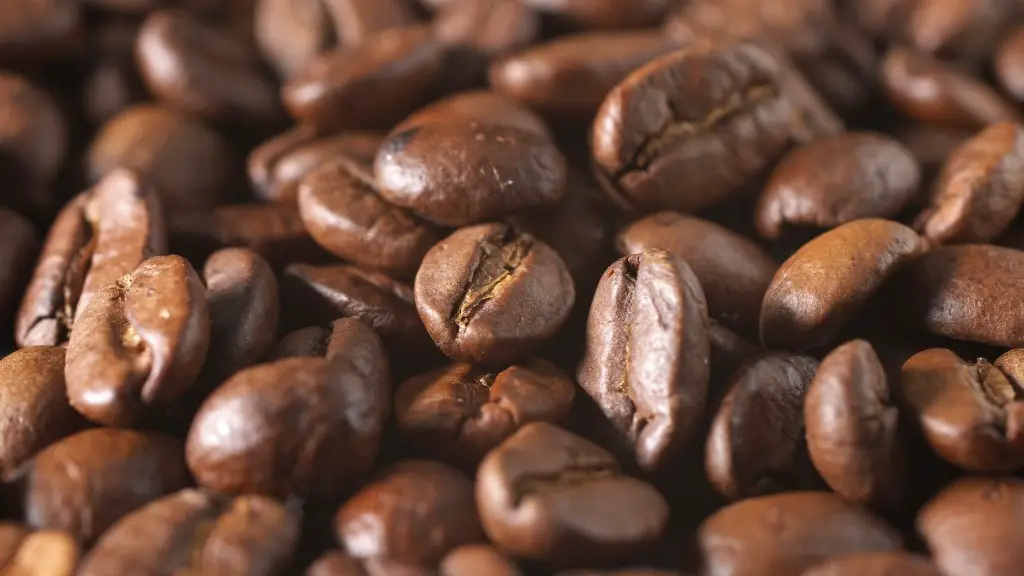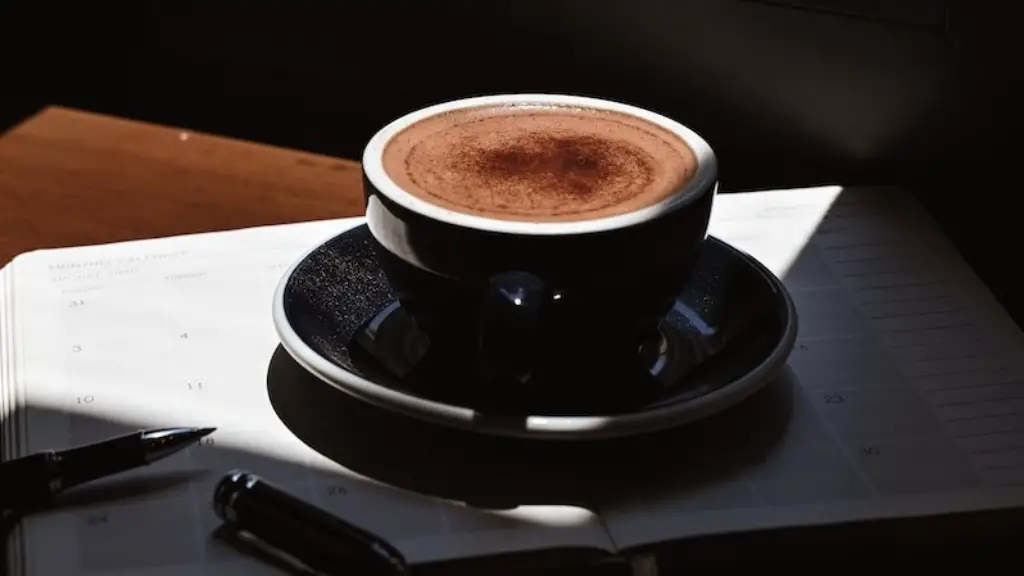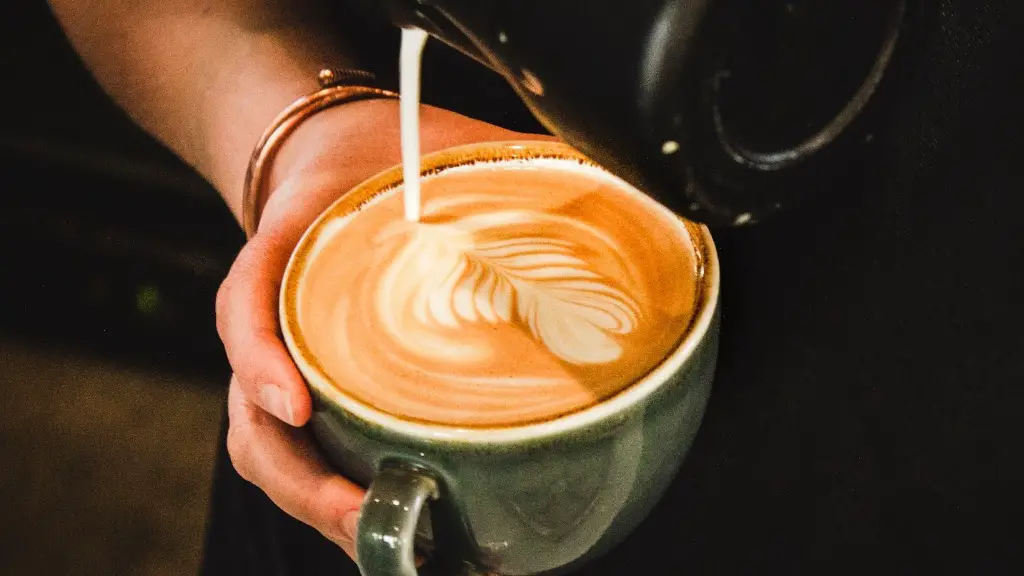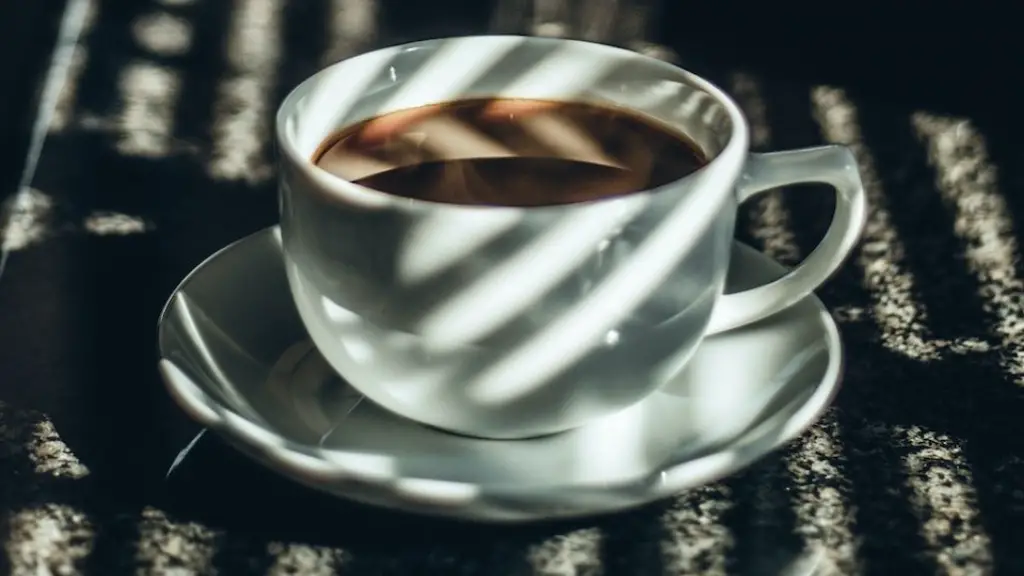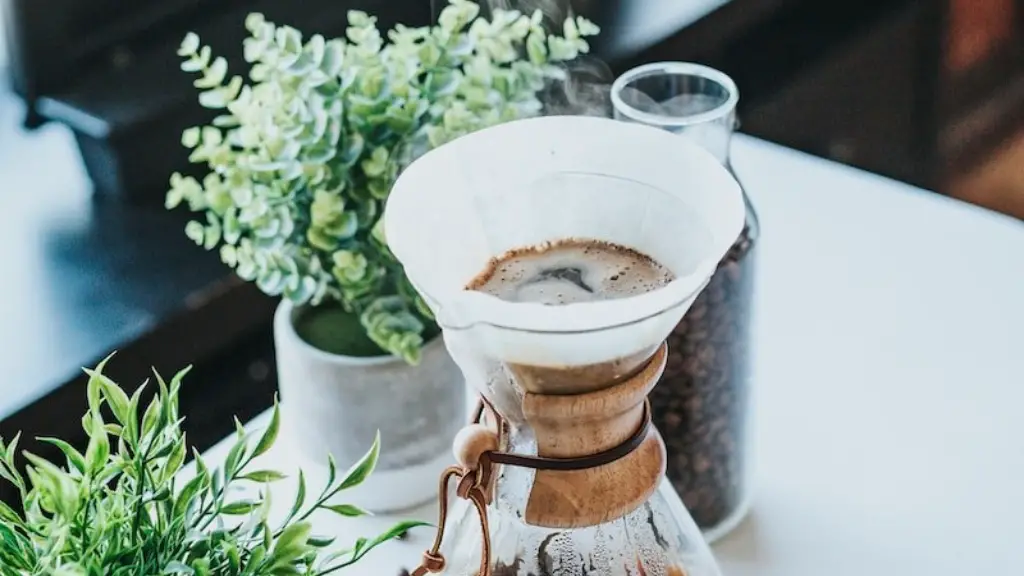Overview on Drinking Coffee
Coffee is one of the most popular beverages in the world and the way people drink it can vary. Some prefer a simple black coffee, while others prefer a gourmet mocha or macchiato. There are also people who like to experiment with flavors or add ingredients like syrups and creamers. From hot and cold brews to specialty drinks, coffee can be enjoyed in a variety of ways.
Coffee has many benefits, such as providing a source of energy and providing the body with antioxidants. Research has also shown that it can improve mental focus, an effect most noticeable when consumed in the morning. It may also help protect against type 2 diabetes, Parkinson’s disease and some types of cancer.
When it comes to consumption, there are some things to consider. All types of coffee should be consumed in moderation, as too much can lead to headaches, anxiousness, dehydration and insomnia. There is also the issue of quality; fresh coffee tastes far better than old, stale coffee.
The main differences between types of coffee can be boiled down to the brewing process. Espresso is highly concentrated and made from finely ground coffee beans, while French press coffee is made with a plunger and coarsely ground beans. Drip coffee is made from hot water that percolates through the coffee grounds, while cold brew is made with cold water and steeped for 12 to 24 hours.
It is important to remember that the way you drink coffee is a personal preference. The real key to enjoying your coffee is to experiment and find the right balance of flavor, aroma, temperature and intensity.
Variety of Options
There are a variety of ways to enjoy coffee. You can grind your own beans to enjoy a cup of French press, espresso or drip coffee. You can also buy ground or whole beans from a local coffee shop or grocery store. For convenience, you can brew a cup of coffee with your favorite pre-ground or instant coffee.
When you’re looking for something different, many coffee shops offer a variety of specialty drinks. Popular specialty drinks include cappuccinos, macchiatos and lattes. These are all espresso-based drinks that feature milk and other flavors, such as chocolate and vanilla. Some shops even offer hot or cold, nitrogen-infused coffee.
If you feel like exploring, you can try a specialty blend like flavored coffee or turmeric latte. For a decadent treat, you can try a mocha or caramel frappe. These all make great alternatives to a basic cup of coffee.
Organic coffee is also becoming more popular. Organic coffee is grown without the use of chemical fertilizers or pesticides. This helps to protect the environment and can result in a better tasting cup of coffee. However, organic coffee can be more expensive than conventional coffee.
Tips for Coffee Drinking
When drinking coffee, it is important to remember a few basic tips. First, make sure you use good quality, fresh coffee beans. Choose varieties that are appropriate for the type of brewing you are doing. For example, espresso requires finely-ground beans, while French press requires coarsely-ground beans.
Additionally, use the correct water temperature and serving size. The general rule is that espresso should be served in small servings, such as a steaming double shot. Cold brews should be served in large mugs, while hot brews can be served in a standard size mug. The water temperature should be between 195 and 205 degrees Fahrenheit.
Finally, you may want to experiment with sweetness and creaminess. Most coffees feature a range of strengths and sweetness levels. You can add cream and sugar to your coffee, but only do so if you know the desired strength and sweetness level.
HealthBeneifts
Coffee is one of the few beverages that have several health benefits. Regular consumption of coffee may help to reduce the risk of chronic diseases, such as type 2 diabetes, cardiovascular disease, and liver cancer. Studies have also found that coffee may protect against Alzheimer’s disease and certain cancers, such as colorectal and prostate cancer.
However, it is important to remember that not all types of coffee are created equal. Regular consumption of coffee with added cream and sugar can have negative health implications. In addition, consuming too much coffee can lead to insomnia and other side effects, such as jitteriness. Therefore, it is best to consume coffee in moderation.
The health benefits of coffee are however indisputable. Coffee is not only a refreshing beverage, it also provides antioxidants and other compounds which can help to protect the body. Furthermore, it is an enjoyable way to get a dose of energy in the morning or anytime during the day.
How to Choose the Best Coffee
When selecting coffee beans, it is important to choose beans that are freshly roasted or freshly ground. Freshly roasted beans tend to have a more balanced flavor and make a smoother cup of coffee. You should always look for beans that are certified organic, as this means that the beans have been grown without the use of synthetic pesticides and fertilizers.
Another important factor to consider is the origin of the beans. Different origins have their own unique flavors and aromas, so it is important to try different varieties to see which one you like the best. For example, beans from Ethiopia typically have a fruity and floral flavor, while beans from Indonesia tend to be earthy and smoky.
Finally, consider the amount of caffeine in the beans. It is important to select beans that have a moderate amount of caffeine; too much caffeine can lead to jitteriness and insomnia. In addition, it is best to avoid beans with added flavorings or artificial ingredients.
Environmental Impact
Coffee production has an impact on the environment. Coffee is grown in tropical and subtropical regions and requires a significant amount of water to cultivate. As a result, the demand for water can lead to local water scarcity, a problem that is particularly pronounced in areas where resources are limited.
In addition, over-harvesting can lead to deforestation. Large-scale harvesting of shade-grown coffee can lead to the destruction of habitats and the disruption of the local ecosystem. By supporting organic and shade-grown production, consumers can help reduce the environmental impact of coffee production.
Finally, consider the packaging of the beans you purchase. If possible, opt for certified compostable packaging that limits your own environmental footprint. Additionally, look for beans that are packaged in paper bags or other recyclable containers.
Organic Quality
Organic coffee is grown without the use of synthetic fertilizers or pesticides. Organic beans are said to have a fuller flavor, as the lack of chemicals leaves more of the natural sweetness and flavor intact. In addition, buying organic coffee helps to support sustainable and environmentally-friendly farming practices.
However, not all organic coffee is the same. Certified organic coffee should have the same flavor and aroma as any other high-quality coffee, but it should also have a guarantee of purity. To ensure that your coffee is certified organic, look for coffee beans that are labeled with the USDA organic seal.
Organic coffee is also often Fair Trade certified, which means that the coffee is produced according to strict standards. Fair Trade coffee is purchased at a guaranteed price, which helps farmers receive fair and consistent wages.
When it comes to selecting coffee, quality should always be the primary consideration. Organic coffee is a great choice for those looking to reduce their environmental impact, but it should not compromise the flavor or aroma of the beans.
